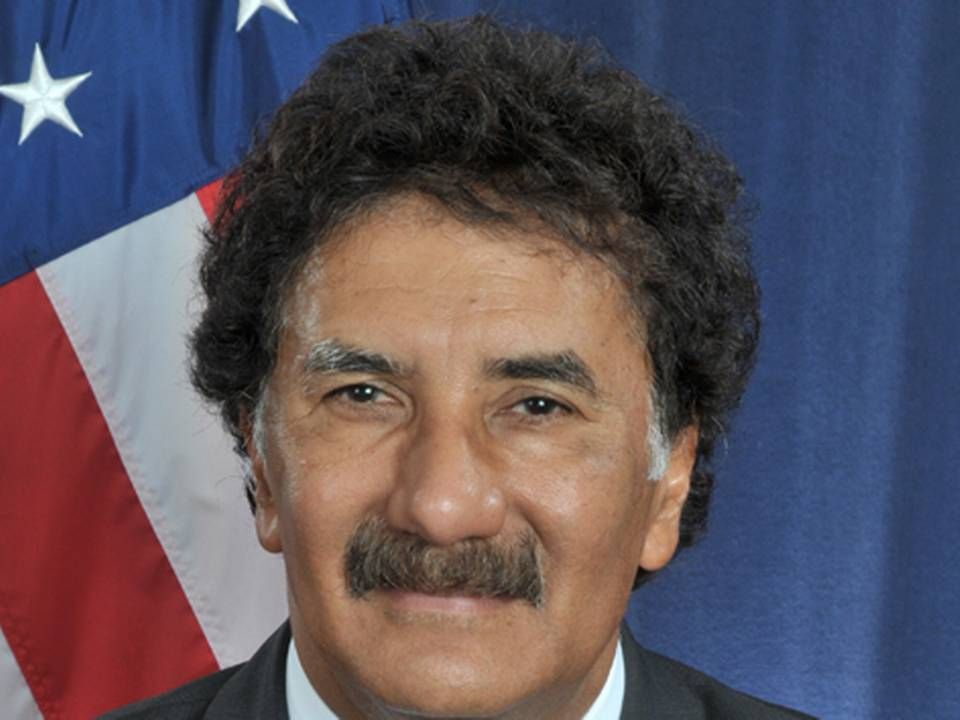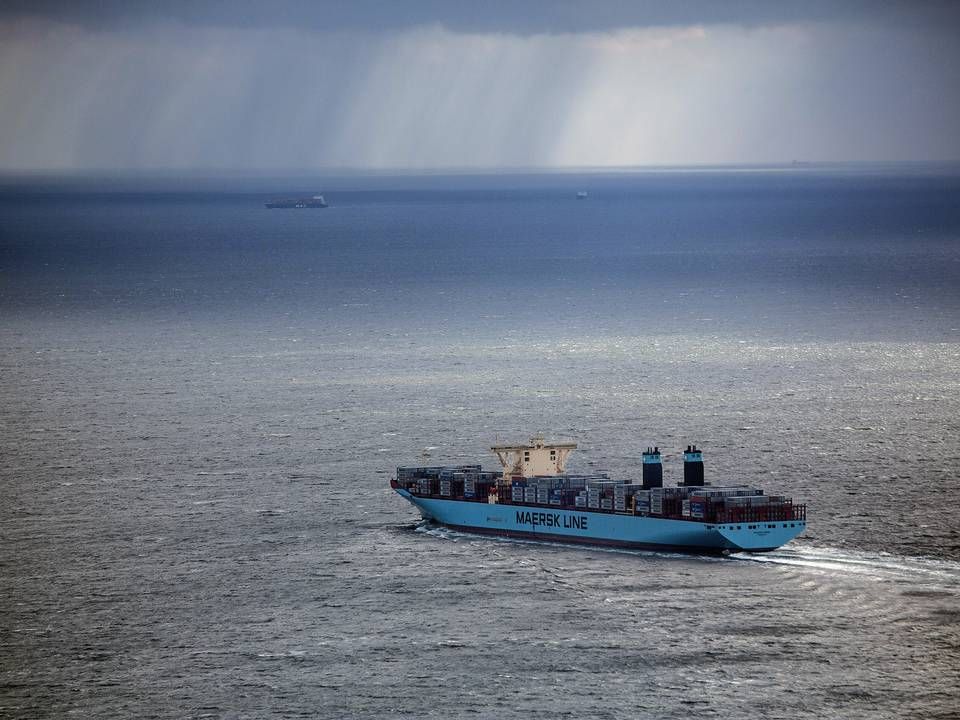Nils Smedegaard on how to convince USA about P3

Maersk Group CEO Nils Smedegaard is convinced that there are so many strong arguments in favor of approving the world's largest container alliance, P3, that the authorities in the United States and China will not get in the way of the extensive collaboration.
At the teleconference following the publication of the Maersk Group's interim report, Nils Smedegaard stated that the 2nd quarter 2014 is still the planned launch time for the alliance - and he adds that it is difficult to find any downsides to this collaboration.
"There aren't many arguments to be made against this alliance. We maintain commercial independence, the cooperation between the carriers takes place in terms of infrastructure, we work together on the ships in the alliance, it is not a matter of dividing the market between us," said Nils Smedegaard.
The process of establishing the collaboration between the three largest carriers in the world, Maersk Line, MSC, and CMA CGM has made the US authorities issue a series of critical questions to the alliance, as the authorities fear that the new alliance will hurt free competition, thus pushing prices up. This concern has made the US Federal Maritime Commission (FMC) invite China and the EU to a summit in order to discuss the matter. The summit will be held in Washington, D.C., likely in December. Nils Smedegaard points out that there is a long list of advantages to this alliance that the FMC will have to address:
Benefits customers
"P3 will bring improved efficiency, reduced energy consumption, and better service to the customers. The efficiency will benefit us, but it will also benefit the customers. I don't believe that the US authorities see threatening consequences from the alliance. They're asking questions, which is a natural part of the current process," says Nils Smedegaard.
The US slams the brakes on Maersk alliance
Last week FMC Chairman Mario Cordero told ShippingWatch that a key reason for his concerns was the sheer size of the giant alliance between the three competitors, who all together account for close to one third of the global container transport on the oceans.
"My concerns lie in the fact that this agreement is very unique both in size and scope. The world´s largest container carriers are joining forces and that raises regulatory concerns. Our objective is to analyze if this agreement will reduce competition or limit services and in the end impose unreasonable increases in costs to customers, "explained Mario Cordero.
The FMC is currently reveiwing the agreement that forms the basis of the collaboration, the so-called Vessel Sharing Agreement, which dictates how the 255 ship covered by P3 will operate. The Federal Maritime Commission will issue a preliminary response to the carriers on December 8th, after which the partners are given 45 days to respond. The authorities will then reach a final decision during the first months of 2014.
FMC chairman: P3-alliance is something very unique
SeaIntel: P3 just the first step toward consolidation





















